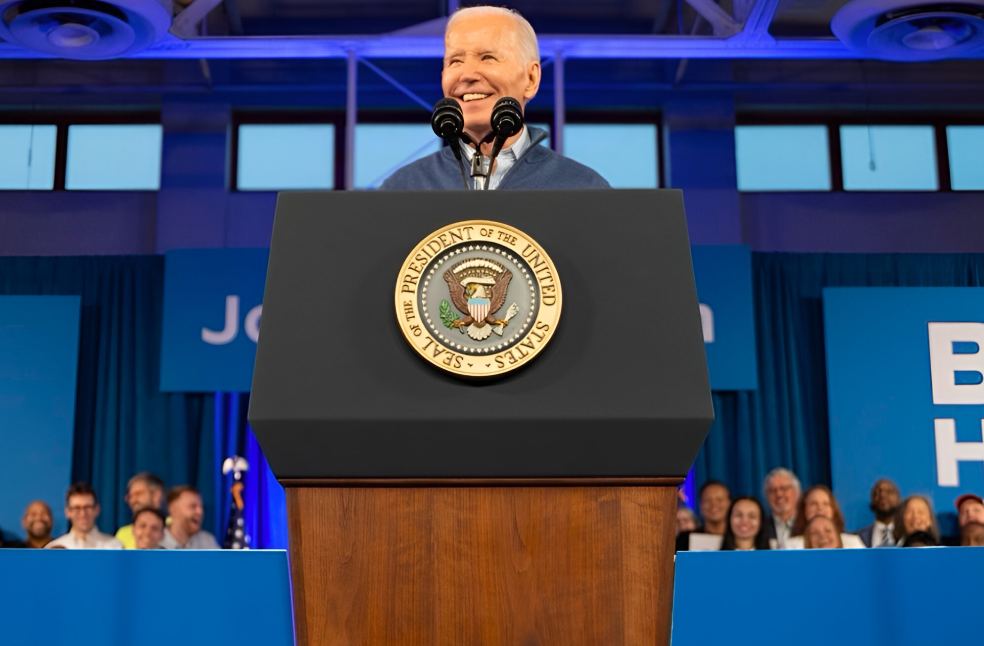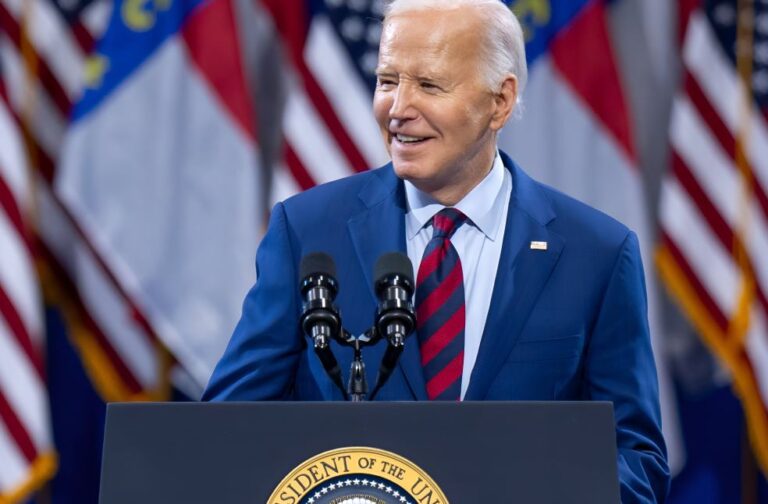United States: President Joe Biden has apologised for the U.S. government’s role in the forced removal of Indigenous boarding school abuses, where many encountered physical and sexual abuse. Speaking to reporters before his departure to Arizona, Biden stated that, “I’m doing something I should have done a long time ago, to make a formal apology to the Indian nations for the way we treated their children for so many years.”
From 1869 to the 1960s, over 18,000 Indigenous children—some as young as four—were forcibly taken from their families and placed in boarding schools, often run by Christian organisations. These institutions were part of a broader policy incorporating Native Americans, Native Alaskans, and Native Hawaiians, a strategy that began with Congress in 1819. Children in these schools endured extreme abuse, were prohibited from speaking their languages, and faced considerable cultural erasure, with many not seeing their families for years.
The White House emphasised that Biden’s apology is crucial for advancing federal-tribal relations. His address at the Gila River Indian Community will mark the first time a sitting U.S. president has acknowledged these historical abuses as genocide, as defined by the United Nations.
Interior Secretary Deb Haaland, the first Native American to lead the Interior Department, expressed the significance of the apology, saying that, “I would never have guessed in a million years that something like this would happen.” Haaland, who commenced an investigation into the boarding school system shortly after her appointment, noted the department’s findings of nearly 1,000 deaths and 74 gravesites across more than 500 school locations.

The final report from this investigation advised a formal acknowledgement and apology for the boarding school era, which Haaland presented to Biden, who decided on the necessity of this action. She will accompany the president during his visit to the tribal nation.
As the U.S. presidential race heats up, Biden’s apology reaches significant campaign efforts to engage Native American voters in key battleground states, including Arizona and North Carolina. This event reflects similar historical reconciliations in other countries, such as Canada, Australia, and New Zealand, where leaders have also issued apologies for past injustices against Indigenous populations.



